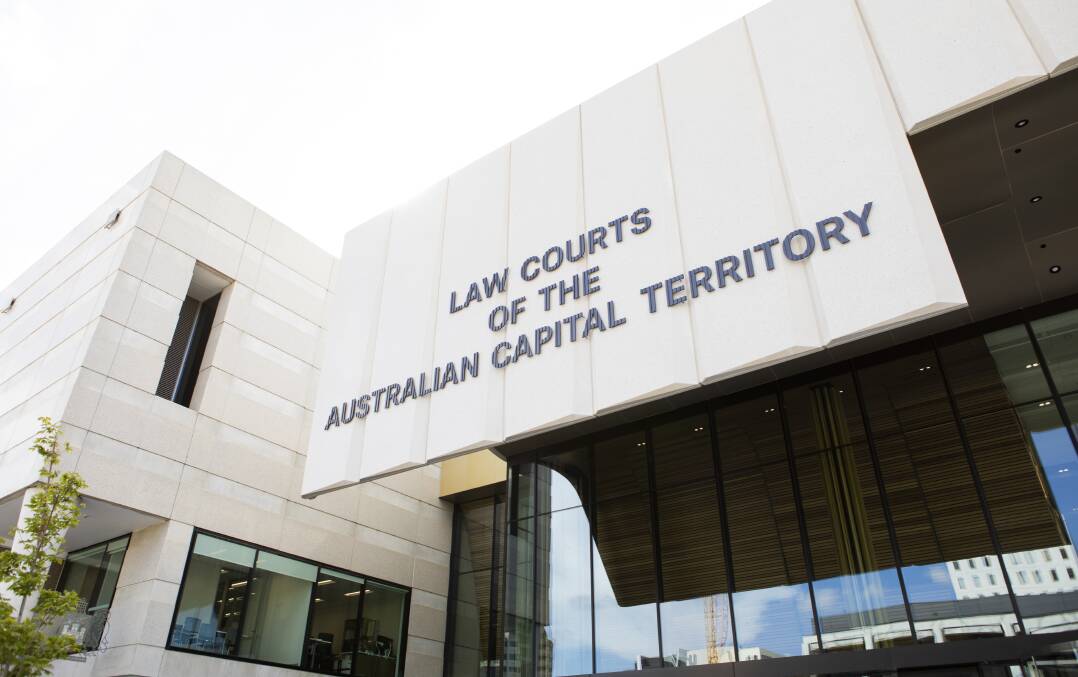The actions of a police officer collecting evidence have been called into question ahead of his involvement in an aggravated robbery trial.
"There is a real concern about training here, isn't there?" Justice Chrissa Loukas-Karlsson said on Monday ahead of the judge-alone trial.
The senior constable in question failed to offer an accused man the chance to take part in an "identification parade", where alleged victims are asked if they recognise a perpetrator.
"This is laziness, possibly incompetence," defence barrister Travis Jackson said.
The court heard "identification is the primary issue" in Jaiden Ashton Higgins' trial, which is yet to formally begin while the court decides on the admissibility of evidence.
Higgins denies charges of aggravated robbery and unlawful confinement, the details of which are yet to be revealed in court.
He pleaded guilty on Monday to a property damage charge, relating to an incident that occurred on the same day as the other alleged offences in July 2022.
The police officer, who gave pre-trial evidence, organised a "photo board" for the identification process after deciding an in-person parade "wasn't reasonable".
If asked, Higgins could have lawfully refused involvement.
"That should be part of the training - always ask," the judge said.
The senior constable also told the court he thought, at the time, it would have been difficult to find at least eight other men who resembled Higgins to include in the identification parade, as required by legislation.
"Every step of this process has been a disaster for the investigator," the defence barrister said.
Mr Jackson argued the "impropriety and contravention" was deliberate and indefensible, and that the officer "did not seek any guidance".
"Your honour can not find an issue of training," he said.
"'It's just too hard, that's all it was."
Prosecutor Marcus Dyason said the investigator's failure to offer the identification parade should be viewed through the lens he "held a genuine belief" the process was impractical and unfeasible.
Mr Dyason said the officer had a "misunderstanding" of the territory legislation relating to identification and his decision was more reckless than deliberate.
"A misunderstanding is a very polite way of putting it," Justice Loukas-Karlsson said.
The judge is set to deliver a decision on the admissibility of the police evidence on Tuesday morning.








